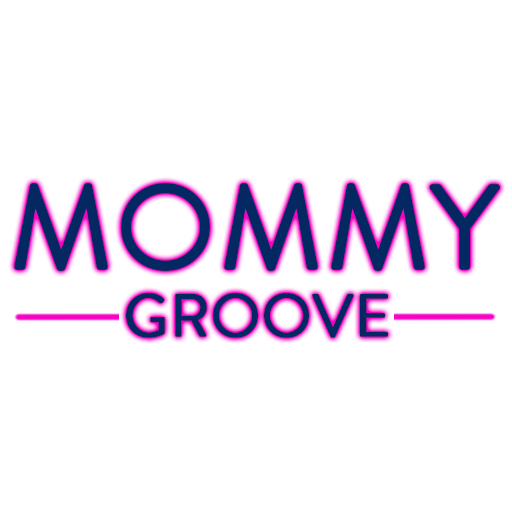6 Tips For Dealing With Postpartum Anxiety
If you think you might have postpartum anxiety or depression, the most important thing to know: it’s not your fault. No one wants to feel this way. You’re not weak, or a failure, or attention seeking. This is something that happens to one out of seven women and one in ten men. So it’s common AND the best news? It’s treatable.
So what to do if you feel like you’ve got postpartum anxiety and you’re crawling out of your skin?
- Tell people. Talk to your care providers. Talk to your partner. If they’re not supportive — and unfortunately, given the stories my clients tell me about their doctors meeting their concerns with a shrug they might not be terribly helpful!–then don’t give up. Help is out there. Ask around for therapists that are trained and specialized in helping postpartum families. The Postpartum Resource Center of NY has lists of qualified providers organized by county (www.postpartumny.org) and is a good place to start. Postpartum Support International (www.postpartum.net) is also an excellent resource. Ask the therapist what their qualifications are and what kind of therapy they practice. An evidence-based therapist will employ cognitive behavioral therapy, and provide warm, empathic care. If you don’t feel like you click with a therapist on the phone, move on to someone else. A qualified therapist should also be able to help direct you to providers who can prescribe medication (ie a reproductive psychiatrist) if needed.
- Take care of yourself. The old saw about putting your own oxygen mask on before helping anyone else holds true. If you’re burning out, you can’t help anyone else, let alone take care of a baby. So, eat properly, get a shower in, go outside, rest, ask for help with the other tasks of daily living. There’s no shame in asking for and receiving help at this time– you’ve got an excellent reason when you’ve got a baby. Everyone wants to help new parents, but few know how. Tell them exactly what you need.
- Calm down. If you’re getting physiologically activated by your anxious thoughts (heart racing, tense muscles, shallow breathing) you’re sending your body the signal that this is an emergency. Your body then goes into “fight or flight.” At that point your rational side shuts down because you’ve declared there’s a dangerous threat to you or your loved ones–when this is usually just not the case. So if you feel you’re about to spiral and you’re starting to react physically, stop and breathe deeply. I teach clients to breathe in for 3 counts and out for 5, which allows them to focus on the counting instead of the worrying thoughts. Focus on where the anxiety is being held in your body and send your breath there, easing the tension. Developing a meditation practice can also be extremely helpful.
- Wink at your anxiety. This is a strategy that at first blush might seem a bit counter-intuitive. Bear with me. We all get anxious. You’re not alone in feeling worried about things, and yet for those caught in the grip of a pervasive sense of doom, the worry takes over. Most people will instinctively try to fight against the anxiety, stuffing it down, ignoring it. And this can be a strategy that works in the short term, but the anxiety never really goes away. If instead, you acknowledge it, wink at it over there, say hello to it and even thank it for trying to protect you unnecessarily, you can pivot to more balanced thoughts more easily.
- Avoid triggers. Now isn’t the time to be watching violent TV shows or to be glued to the latest disaster stories in the news. This won’t be forever, but create a blackout of triggering sources: Facebook, the news, etc. Don’t feed the beast.
- Get information. Karen Kleiman’s book, Dropping the Baby and Other Scary Thoughts, can be a real life saver and provides excellent information about Postpartum Anxiety and OCD. The blog site www.postpartumprogress.com is also a great resource for those experiencing postpartum anxiety and/or depression.
Bottom line? Don’t go it alone. Help is out there and there is no time to waste.

